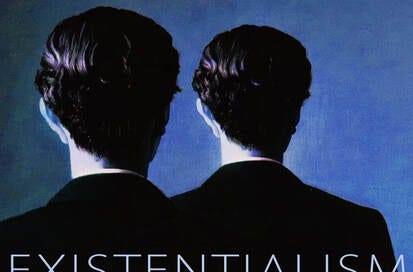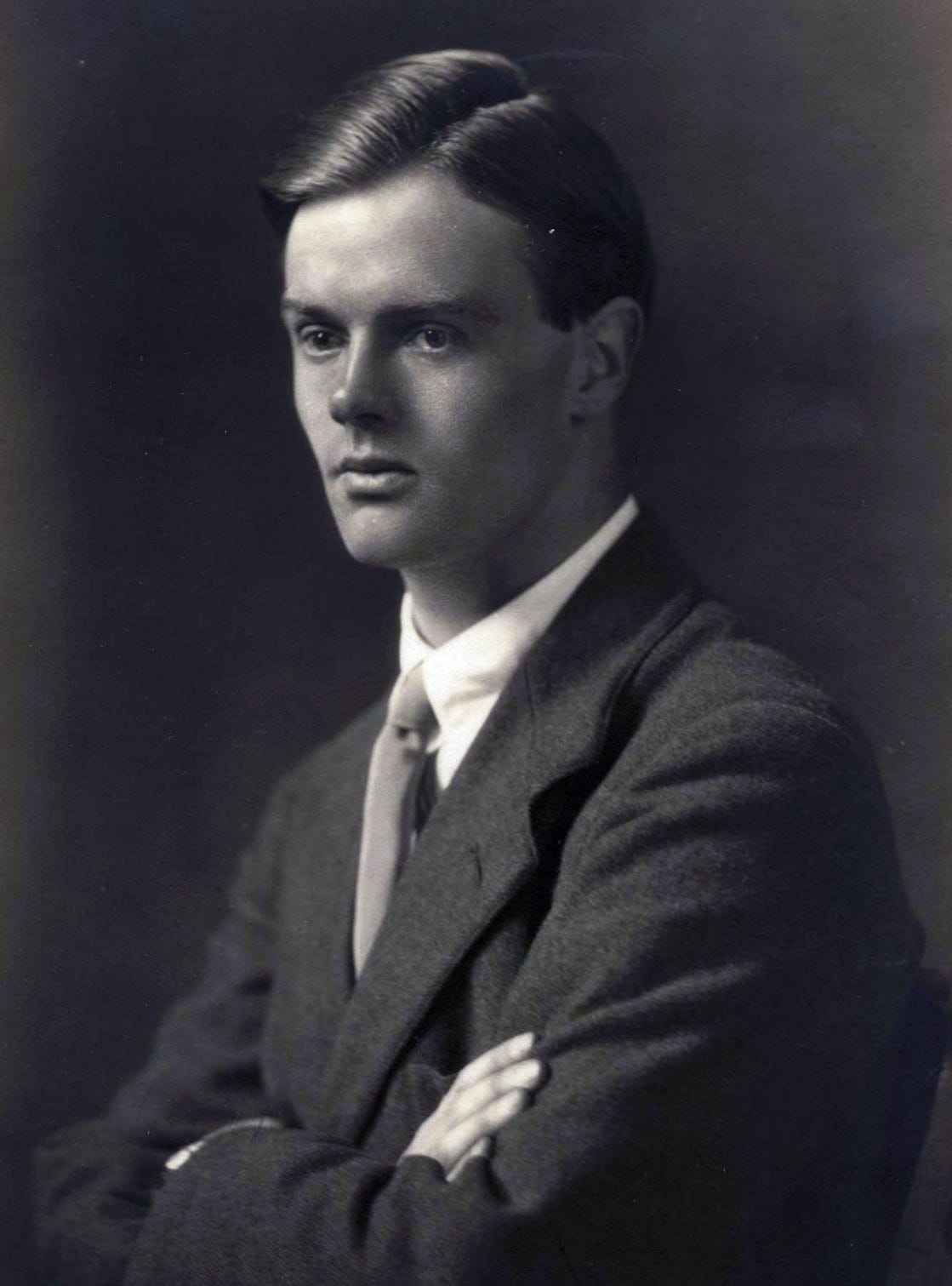Psyche’s primary activity is fantasy and image-making - Jeffrey C. Miller
The ideas of British philosopher and linguist Owen Barfield help shine light on obscure areas of Heidegger’s corpus. Barfield’s original thought and approach contradicts the philosophies of Descartes and Kant and is akin to that of the German Romantics and Mystics. It is primarily an Aesthetic philosophy, similar to that expounded by Goethe, Schelling, Steiner, Coleridge, Wordsworth, Emerson, Rilke and Holderlin. Academic commenters on Heidegger completely ignore the influence of Rank, Marcel and Barfield, on his ideas.
Interestingly, Barfield was a contemporary of Heidegger, and it’s possible that both men were aware of each other’s work. Barfield’s first book History of English Words came out in 1926, one year before Being and Time. In any case, there are many areas of similarity between the two thinkers, particularly regarding art and language.
Heidegger’s earliest formulations on language in “Being and Time”—those that would form the very basis of his phenomenology—sound nearly identical to Barfield’s remarks in chapter VII of “Saving the Appearances” - Michael Vincent Di Fuccia
Both thinkers stressed that because they are so proximous, the processes and significance of consciousness and language are strangely concealed from us. Nevertheless, all we need to know about Being-in-the-World can be disclosed by a phenomenological study of language. We are, after all, the only species to communicate in such a sophisticated way. What is it we say, and what is it we do not say with our words? What is left unarticulated? This was so important a subject for Heidegger and Barfield, that they investigated the obscure origins and meanings of many evocative words. Let language itself open the way and reveal what remains unuttered. Instead of language maintaining the divide between subjects and objects, let it be the means for reuniting them.
Instead of a polarizing cogito, Barfield, like Heidegger, believed that language preserves an ancient connection between Self and World. It speaks of an originary and reciprocal empathic participation between Self and World that precedes the rise of ego-consciousness and rational cognition. There’s a primordial intentionality and recognition of the world in operation before the advent of the hard subject-object divide. His comments about Original Participation are reminiscent of Gabriel Marcel’s view on Mystery and language.
…meaning is something that cannot be talked about at all – Owen Barfield






